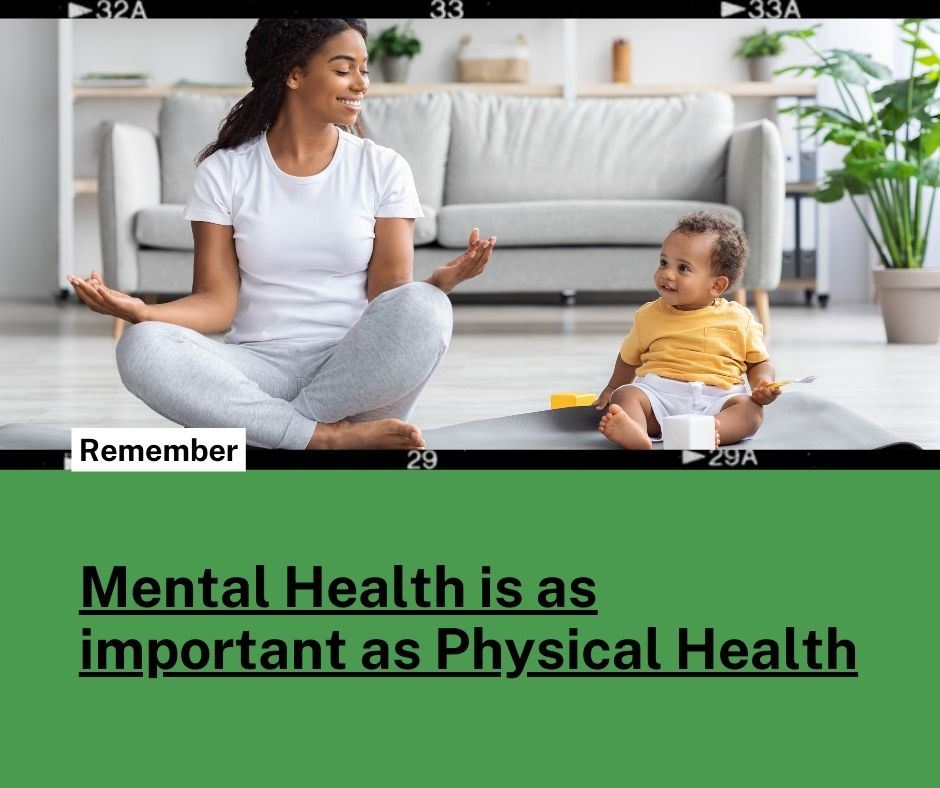
An expectant or new mom in your life is diagnosed with PMADs – now what?
A formal diagnosis of Perinatal Mood and Anxiety Disorder (PMAD) may relieve you that what’s been affecting your loved one has a name. Panic can follow that moment of relief. Now what? How do you help support your loved one’s journey through this.
PMADs include symptoms that can affect women during and up to a year after pregnancy with sometimes debilitating emotional and physical difficulties. Disorders include depression, anxiety, obsessive-compulsive disorder, bipolar disorder, and post-traumatic stress disorder, panic disorder and psychosis. Each jeopardizes the quality of life, ability to function, and overall pleasure and happiness of those affected.
Even though you may feel underqualified, you’re an essential part of the recovery process. Besides a formal treatment plan, you can support progress with practical and emotional support. Below we’ve compiled 5 ways you can help the new mom in your life, starting today.
1. Educate yourself
The more you understand about what your loved one is going through, the better a supporter you’ll be. Learn as much as you can about symptoms, treatment, and availability of resources in your local area. This learning process enables you to become an advocate. Many times, it’s a partner, family member, or friend who embodies the first line of defense by recognizing and then advocating for help on behalf of their loved one. “The more you know” has never been more accurate.
2. Get engaged in the treatment process
The first step on the road to recovery is a treatment plan built to address the unique needs of the person navigating a mood and anxiety disorder. Finding the right practitioners and a mix of treatment types can take what seems like a herculean effort. By helping with this process, you’re supporting it. Do they need help to find an empathetic doctor? Do they need a ride, childcare, or removal of some responsibilities to make it to therapy appointments? Could you arrange for prescription drop-offs with the pharmacy? Is a peer-support program available in your area? Think of practical ways to overcome barriers that sometimes make it too hard to start or stick to a treatment plan.
3. Offer breaks
Offering a mom a break from daily parenting routines and tasks can help to ease feelings of being overwhelmed. Simple gestures such as allowing the person to nap while you take over cleaning or taking the baby out for a walk while mom takes an uninterrupted shower, or caring for older children. Taking over responsibilities for household tasks is also helpful, as it allows the parent to focus on baby duties, rather than also worrying that domestic responsibilities are piling up. Offering small but consistent actions where the person can score moments to recharge and regroup go a long way to help move recovery in the right direction.
4. Be mindful of language
Once you know more about what the person is going through, work to be mindful of how you refer to the challenges and actions (or non actions) of the person affected to help combat stigma. Use non-judgemental language and become a champion listener. Seemingly harmless comments like “The house is a mess,” “You’re tired? Didn’t you nap today?” or “Have you taken your meds?” can have a negative impact. Instead, focus on acknowledgement, reassurance, and progress. “I know how long the day must have seemed today, you’re doing a great job,” “What can I order in for our dinner? Feeding the little one is hard enough!”, “You must be tired. I’ll take it from here”, “I’m checking in. How are you feeling today? How can I help?”
5. Be patient
Recovery takes time. It may be an extended period before the person feels ‘well’ again and you may need to sustain your efforts, turning them into a new routine rather than a short-term ‘project.’ Accept that there is no ‘normal’ timeframe for recovery since no two people or experiences are the same. In fact, it often takes multiple adjustments to get the treatment ‘formula’ right. Exercise patience with each other, and yourself. It’s much harder to assist someone else when you’re running on empty. Make sure taking care of yourself is also a priority and call in reinforcements when needed – it takes a village.
Turning a desire to help someone into action, is to be commended. Join forces with your friends, family, and the treatment community to foster the best possible outcome for everyone affected.
Life With A Baby also offers Mental Health Services free to our members. There is individual counselling, couples counselling, and group support. You can learn more and book a session at https://lifewithababy.com/Mental-Health-Counselling
Blog originally posted by Mercedes